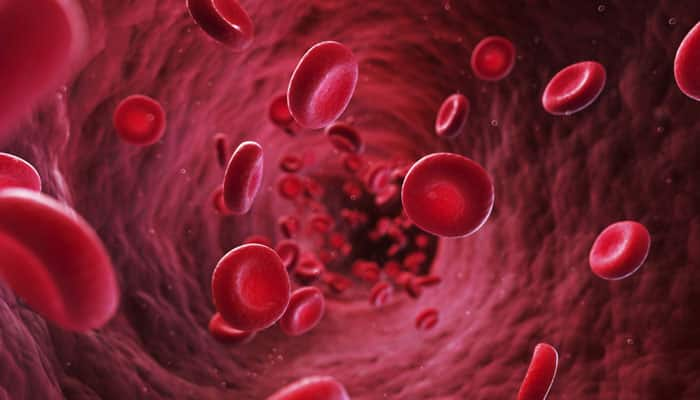Irengbam Jenny
World Thalassemia Day is celebrated on 8th of May every year around the world.
The World Health Organisation (WHO) has set 8th of May as the World Thalassemia Day to raise awareness about this disease, prevention and measures to avoid its transmission.
The day is dedicated to commemorate thalassemia patients and give them a special chance to live their lives as a normal person. This year the theme is “Enhancing partnership towards patient-centred health systems: good health adds life to years!”
What is Thalassemia?
Thalassemia is a genetic blood disorder caused by abnormal formation of hemoglobin, which leads to anemia.
Anemia is a condition in which your blood doesn’t have normal red blood cell. It is a blood disorder that causes weakening and destruction of the red blood cells.
It is the most common genetic disorder passed on to children. The disease gets transferred from parents to the children through genes. Children could inherit the disease if one or both parents is carrying the gene that causes the disease, the risk increases if both parents have thalassemia.
Types of Thalassemia
There are four main types of Thalassemia. They are:
Alpha thalassemia
Beta thalassemia
Delta thalassemia
Combination hemoglobinopathies
But alpha thalassemia and beta thalassemia are the two main types of the disease. In alpha thalassemia, at least one of the alpha globin genes has a mutation or abnormality while in beta thalassemia, the beta globin genes are the ones affected.
Cause of the disease
It is not known exactly what causes the genetic mutations associated with thalassaemia.
Symptoms of Thalassemia
Weakness
Fatigue
Slow growth
Pale appearance
Abnormal swelling
Abnormal bone structure, especially in the face and skull
Heart problems
Iron overload
While some babies show signs of thalassemia at birth, others may develop symptoms during the first two years of life.
Treatment
People with severe form of thalassemia need medical treatment such as regular blood transfusions, which is the first effective measure in prolonging life while mild thalassemia patients may not require treatment.
Prevention
You can't prevent Thalassemia through medicines as it is a hereditary disease and no cure has been found yet. But one can take steps that can help in reducing the chances of passing on this disease. Blood tests and family genetic studies will show if you are a carrier. Prenatal tests should be necessary as that can detect the disease before birth.
Thalassemia patients should consult with their doctor and genetic counselor so that they can help them to reduce the risks of passing on the disorder to their children.
















